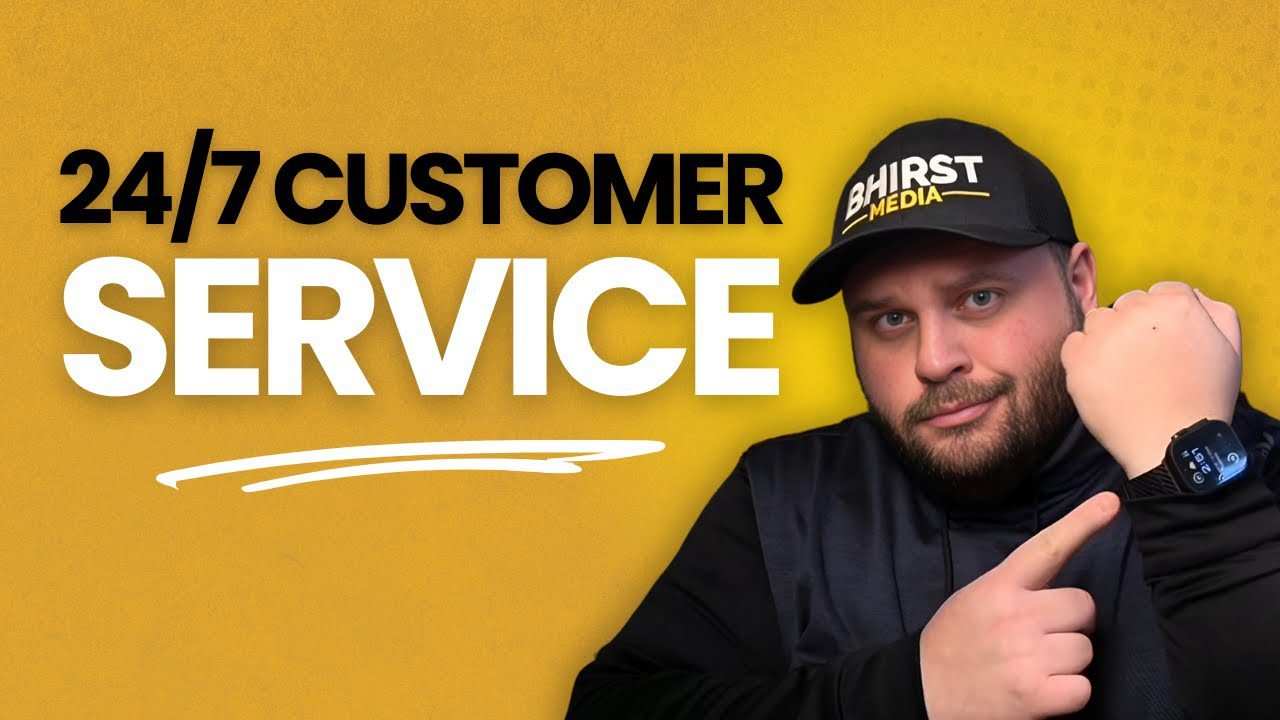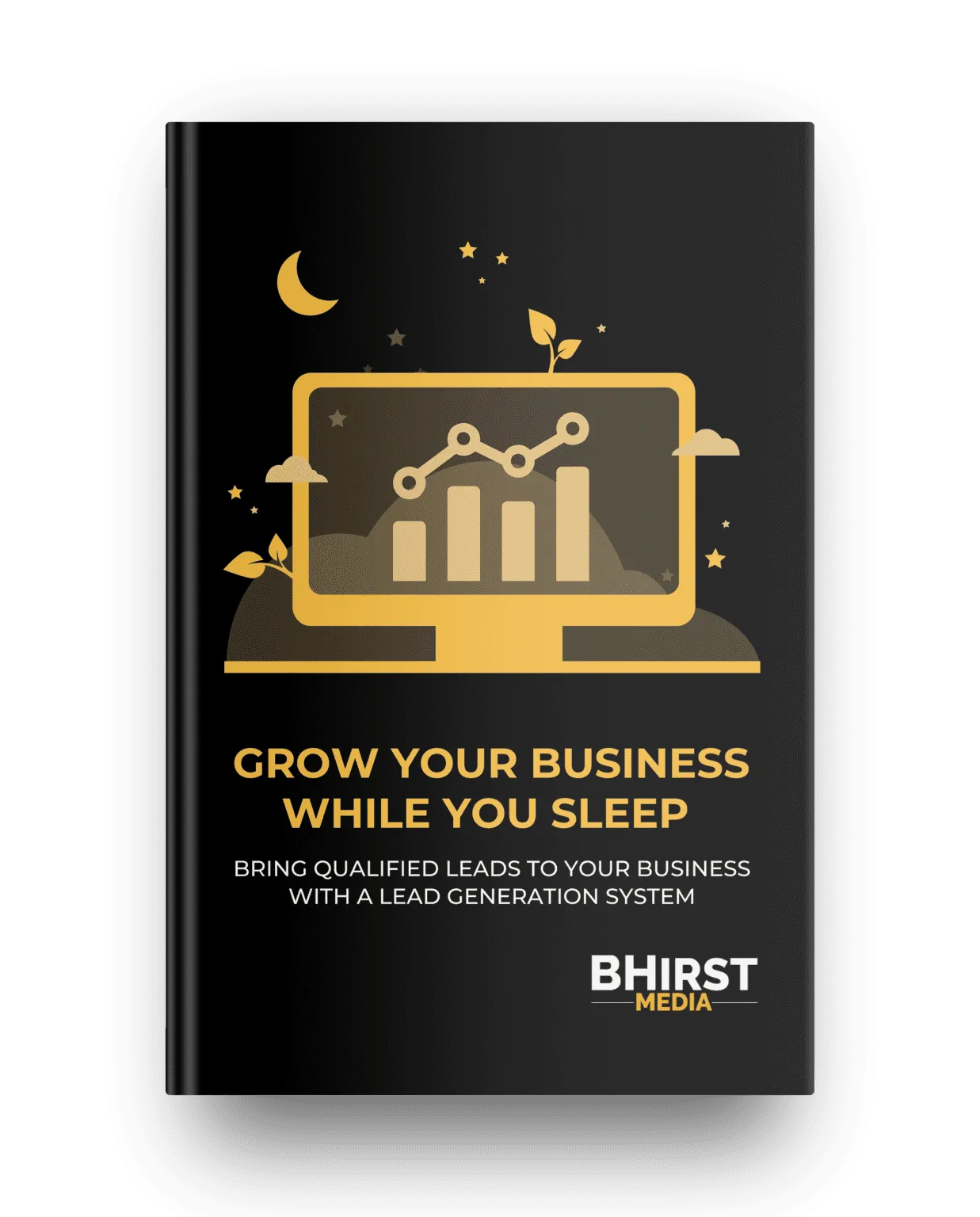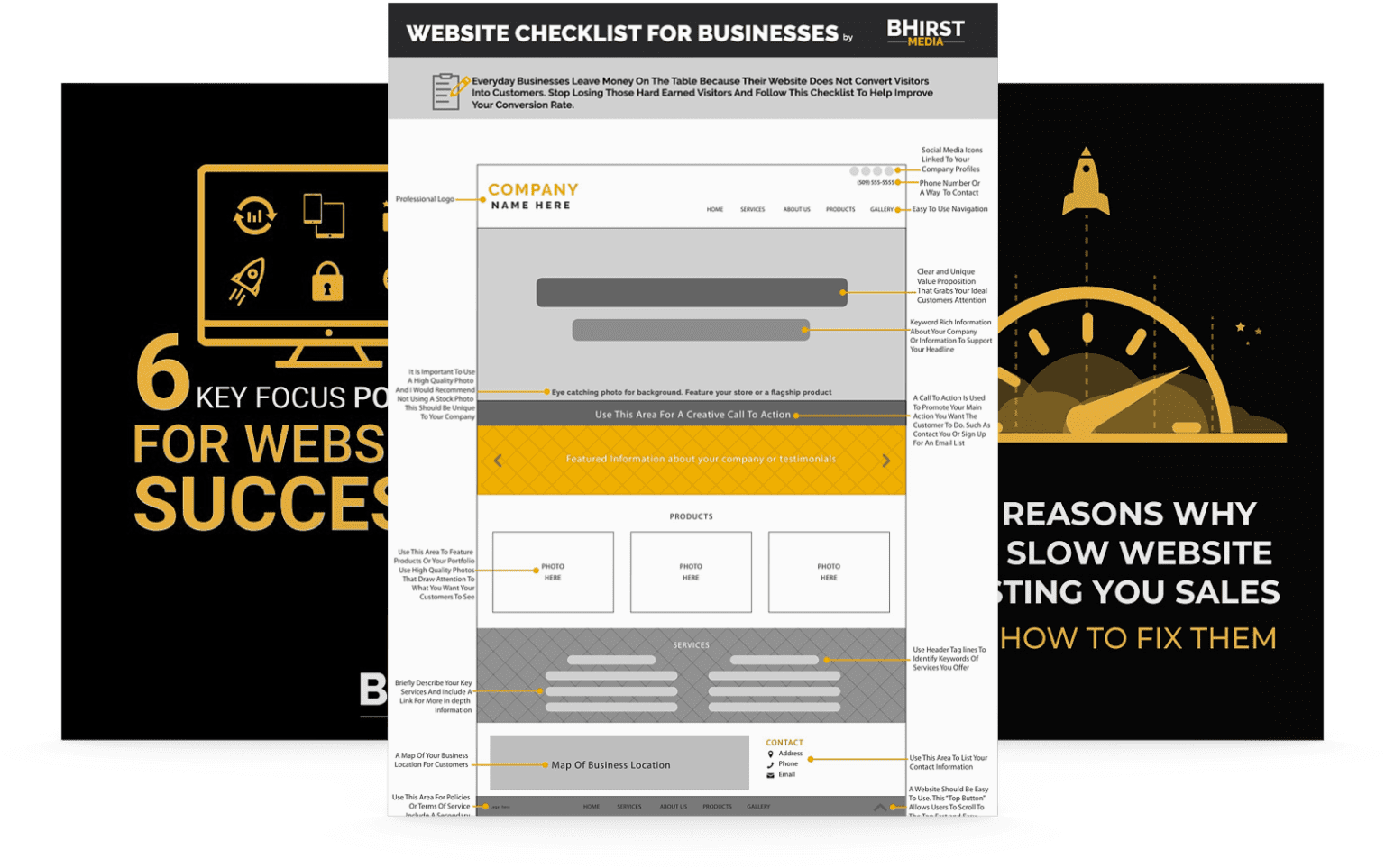
Chatbots are revolutionizing small business customer service by enhancing efficiency, improving customer engagement, and driving sales. Below are the key benefits showcasing their value and practical implementation strategies.
The transformative power of chatbots lies not only in their functionality but also in how effectively they’re implemented to enhance customer service and grow your business. In the sections ahead, we’ll explore actionable steps to adopt chatbots, best practices, and success stories that illustrate their impact across a variety of industries.
For small businesses, customer service is often one of the most resource-intensive operations, and scaling support without significant investment can be tough. What if we told you that chatbots could level the playing field?
The transformative impact of chatbots for small business customer service is not about cost saving alone—it’s about providing personalized, constant, and effective interactions that drive sales, customer happiness, and loyalty. While this is especially beneficial for e-commerce, retail, and service-oriented businesses, fields like healthcare, education, and even legal services are seeing the benefits of instant communication through AI chatbots.
Let’s delve into how chatbots are revolutionizing small business customer service, making 24/7 support a reality, and how their implementation can streamline your operations and elevate your customer experience.
In today’s fast-paced digital world, small businesses are under constant pressure to deliver superb customer service. Chatbots for small business technology has emerged as a game-changer, offering immediate, 24/7 customer support without the overhead costs of hiring additional staff. These AI chatbots for customer service not only handle routine inquiries but also engage customers at a personal level, often providing a seamless service experience. This capability is crucial for small businesses, where resources are limited, but the need for customer satisfaction is immense.
The advantages of chatbots extend beyond mere cost savings. They can play a pivotal role in enhancing customer engagement and satisfaction, which directly impacts customer retention rates. Real-time interaction capabilities mean a customer visiting a website receives instant help, reducing bounce rates and potentially increasing sales. Additionally, chatbots equipped with natural language processing can evolve, understanding customer behavior patterns and offering personalized recommendations or promotions, thereby fostering loyalty. This continuous engagement tool helps small businesses interact with customers in a more intimate manner, often leading to an increase in repeat purchases. The benefits span various sectors—reducing patient wait times in healthcare, providing instant answers to student queries in education, and offering immediate legal advice in law firms.
Chatbots also serve as an effective tool for lead capture. When integrated correctly, they can qualify leads, nurture them through the sales funnel, and even set up appointments or sales calls, all without human intervention. These automating customer service with chatbots strategies allow small businesses to focus on strategic activities while chatbots handle the routine tasks. Integrating these chatbots can transform operations beyond customer service by supporting talent acquisition in HR or streamlining supply chain queries in retail. Efficiency gains are only part of the equation—true business impact comes from seamlessly integrating automation with existing workflows to ensure sustainable improvements.

Selecting the best chatbot platform for your small business is a critical decision that can determine the level of customer service you’ll be able to provide. With numerous best chatbots for small business available, here are some key considerations:
When evaluating chatbot software, it’s important to look for platforms that provide robust customization options. A chatbot that can adapt to your business’s linguistic style, customer service protocols, and specific requirements will deliver a more seamless user experience. Moreover, the integration capabilities of the software are non-negotiable. It should connect effortlessly with your existing CRM systems, website, and other digital channels to maintain consistency in customer interactions.
To guide you through the selection process:
Choosing a platform that aligns with your vision for customer service can position your small business as innovative and customer-focused, potentially increasing market share and brand loyalty. For example, a legal firm might prioritize robust security features and compliance adherence, while a retail business may focus on seamless integration with e-commerce platforms and marketing tools.

The journey of deploying a chatbot starts with understanding your customer service goals. Are you aiming to reduce response times, qualify leads, or perhaps provide instant support for common queries? Once your objectives are clear, you can proceed with these steps for successful chatbot implementation:
By following these steps, you ensure that your deployment of a chatbot is strategic, minimizing the learning curve for both your team and your customers, leading to a better customer experience. For example, a healthcare provider might integrate a chatbot to manage appointment scheduling and medication reminders, or an educational institution might use one to provide students with instant access to course information and academic support.
The dawn of AI chatbots for small businesses represents a monumental shift in how customer service is delivered and optimized. From 24/7 support to lead capture, chatbots are not simply tools—they’re customer experience enhancers. Through personalization, automation, and real-time engagement, they empower small businesses to compete with larger players while creating strong customer bonds.
Whether you’re looking to streamline operations or improve the quality of your interactions, implementing chatbots with the right strategies and platforms can result in measurable growth and satisfaction for your business. Looking ahead, businesses that embrace adaptable strategies and data-driven decision-making will lead in an increasingly competitive landscape. Whether through emerging technologies, customer-first innovation, or operational agility, the next era of success will belong to those who can not just adapt—but anticipate change. The real question isn’t if you’ll adopt these advancements—but how effectively you’ll use them to gain a competitive edge. Now is the time to embrace chatbots and transform the way your small business connects with its customers
